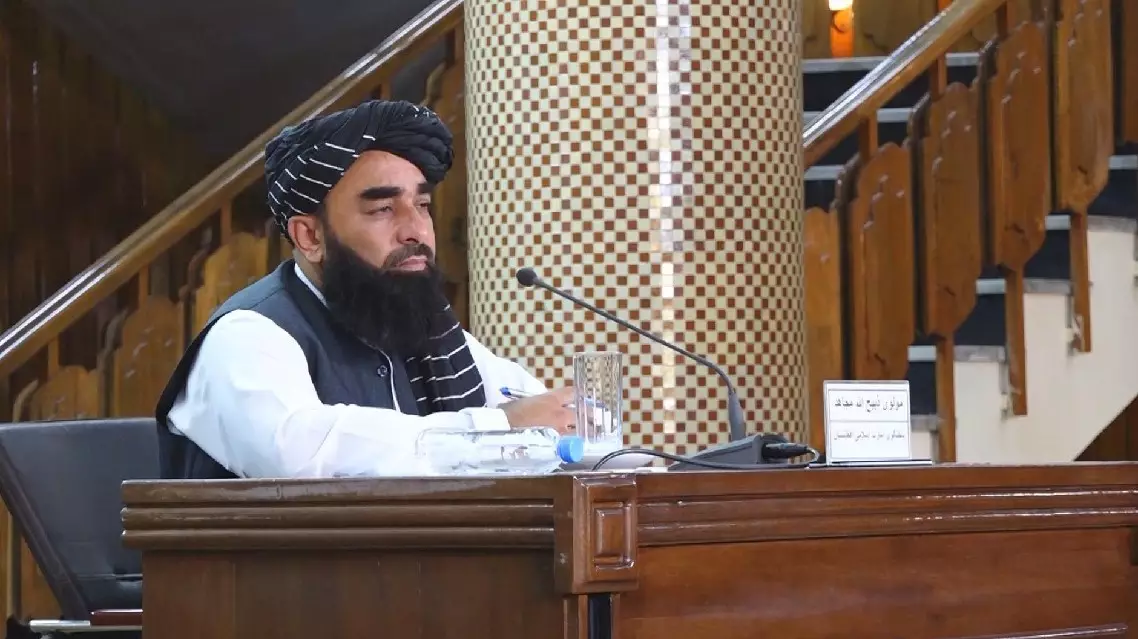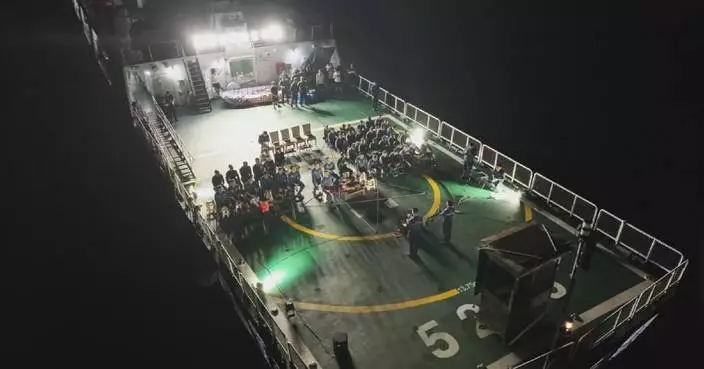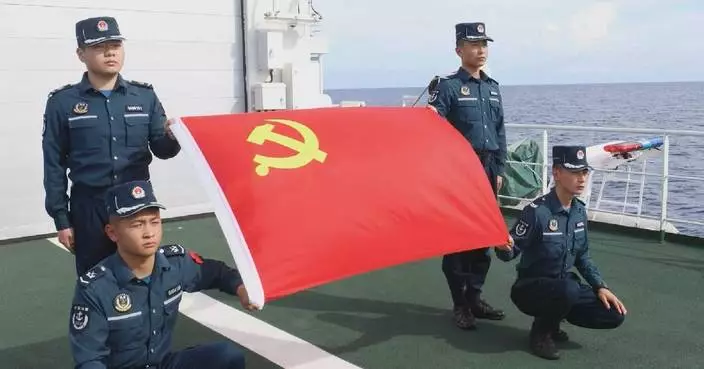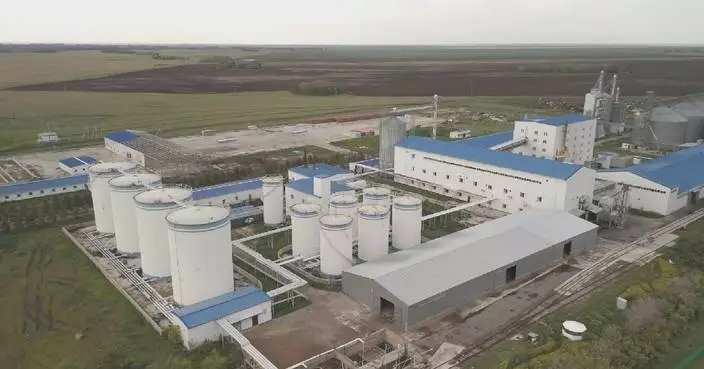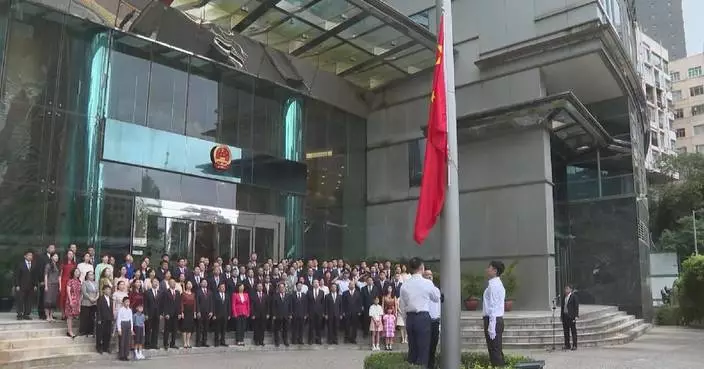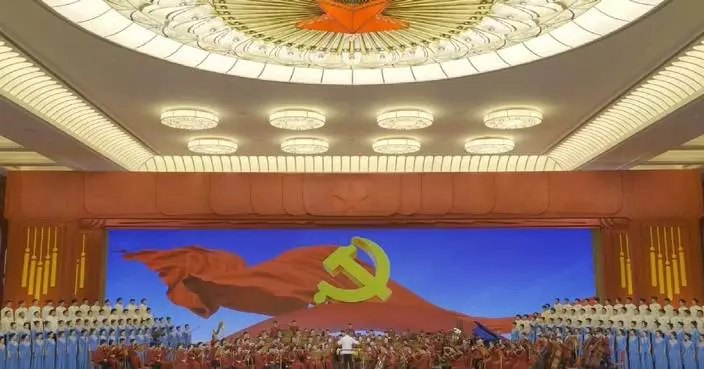China-Tonga relations will be further upgraded by the two sides working together to uphold the Five Principles of Peaceful Coexistence and build a community with a shared future for mankind, Chinese Ambassador to Tonga Liu Weimin said in Nuku'alofa on Saturday. In an interview with China Global Television Network via video link, Liu shared his thoughts on the development of China-Tonga ties guided by the Five Principles of Peaceful Coexistence after a conference marking the 70th anniversary of the Five Principles of Peaceful Coexistence was held in Beijing one day before.
Put forth by late Premier Zhou Enlai in the 1950s, the Five Principles, namely mutual respect for territorial integrity and sovereignty, non-aggression, non-interference in each other's internal affairs, equality and mutual benefit, and peaceful co-existence, have been widely recognized by the international community over the decades and become a basic principle in international relations and a basic guideline for international law.
"Tonga and China, though far apart very different from size, social systems, history, traditions, culture, faith and development stage, but bilateral relations are coming from strength to strength, demonstrating a good example, a vivid example of the theory and practice of the Five Principles of Peaceful Coexistence," said Liu.
Since the establishment of diplomatic relationship between China and Tonga 26 years ago, mutual political trust, practical cooperation, and people-to-people exchanges have been improving, the ambassador said.
The two sides support each other not just on bilateral occasions but also on multilateral occasions, he said. China offered much assistance to Tonga in 2022 when the Pacific island country suffered from severe natural disasters caused by volcanic eruptions and subsequent tsunamis. China also helped Tonga improve its own development capabilities.
"China does not stop at providing short-term aid in assistance. But we also attach very importance to the long-term sustainability and the urgently needed assistance for Tonga. I mean the sustainable and self-reliance development is very important for Tonga. So we very much want to help in terms of the capacity and resilience building of Tonga in addressing climate change as well as the governance issues," said Liu.
Over the past seventy years, the five principles have demonstrated remarkable vitality. They have laid the foundation for China to pursue independent and peaceful diplomacy, and the content of these principles has also been enriched with the change of the times.
China is now advocating for building a community with a shared future for mankind and has proposed its Global Development Initiative, the Global Security Initiative, and the Global Civilization Initiative.
The three initiatives are designed to help improve global governance and address challenging issues faced by mankind, based on mutual learning and dialogue between civilizations, win-win cooperation and respect for all parties' concerns.
"The vision of building a community with a shared future for mankind carries forward the same spirit of the Five Principles and is the most effective move to sustain, promote, and upgrade the Five Principles in the new circumstances, hence becoming the international consensus from a Chinese initiative," said Liu.
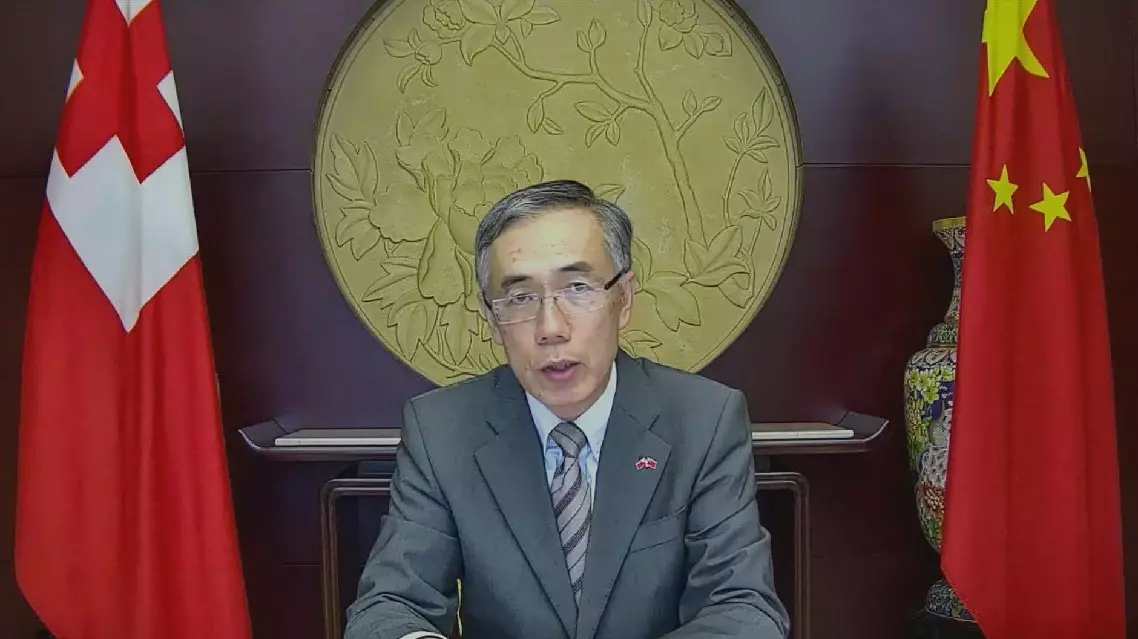
Ambassador to Tonga on Five Principles of Peaceful Coexistence


